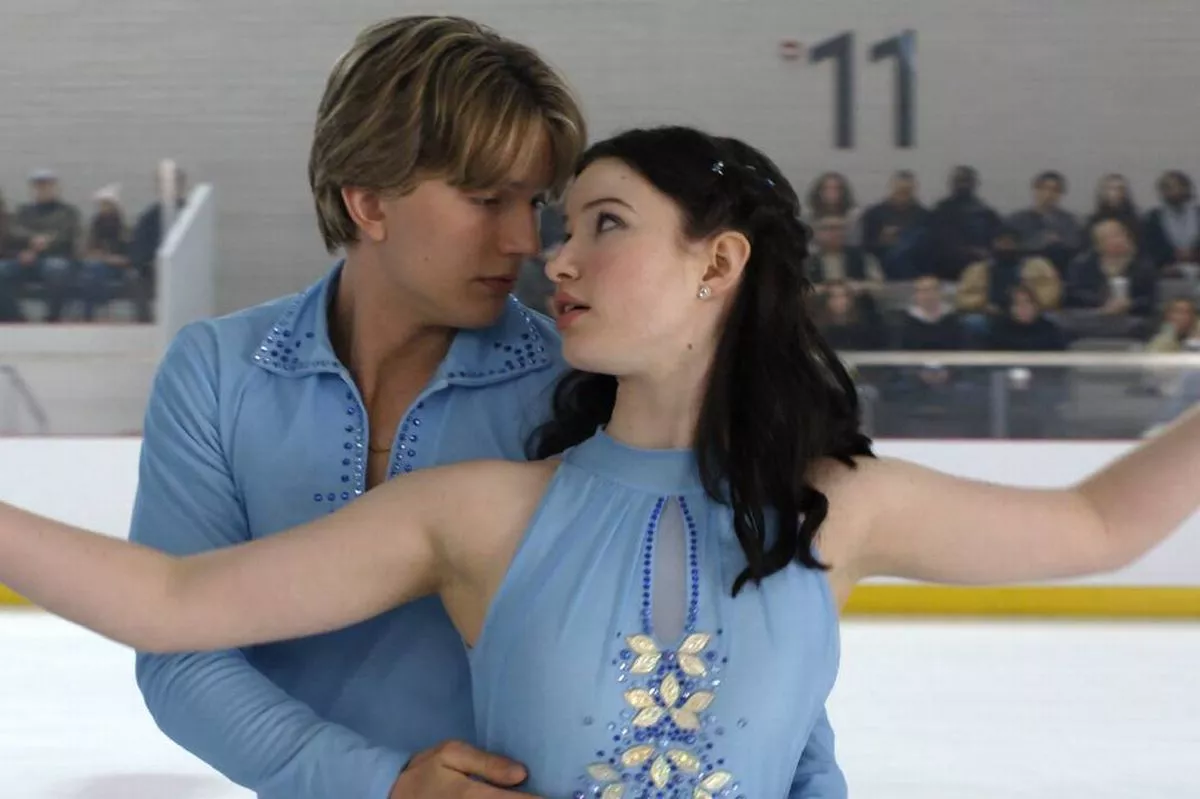Netflix fans are disappointed as the streamer has cancelled an unforgettable show after just one season.
Finding Her Edge will soon be landing on Netflix but it didn’t take fans long to moan that it looks “exactly” like a series that was axed six years ago.
Jennifer Iacopelli’s 2022 best-selling YA novel Finding Her Edge, which was inspired by Jane Austen’s Persuasion, is finally getting its own Netflix adaptation.
Ready to make its grand debut next week on Thursday, January 22, on Netflix, Finding Her Edge is a romance about figure skating royalty Adriana Russo (played by Madelyn Keys), who is troubled by her family’s legacy and financial struggles.
This is until she begins a fake dating scheme with her new skating partner Brayden (Cale Ambrozic), while juggling feelings for her former partner Freddie (Olly Atkins), just as they’re ready to compete in the Junior World Championships.
While book fans are excited to see Iacopelli’s story brought to life, many Netflix subscribers have been experiencing deja vu.
In February 2020, Netflix released the one and only season of ice skating drama Spinning Out starring Skins legend Kaya Scodelario.
Much like Finding Her Edge, Spinning Out sees its lead character figure skater Kat Baker (Kaya Scodelario) matched with a talented “bad boy” partner which quickly leads to a romantic spark.
Unlike the upcoming YA romantic drama though, Kat was an Olympic skater who suffered a bad fall and struggled to get back on the ice due to her PTSD as well as her new bipolar diagnosis.
Nevertheless, fans haven’t been able to help themselves in comparing the two ice-skating dramas.
“So why cancel Spinning Out (which was a fantastic show) to make one that looks exactly like the other show?”, someone asked on YouTube.
Another agreed: “This is basically Spinning Out that Netflix will cancel after one season…”
A third exclaimed: “ALL THESE SAME NEW SERIES after cancelling Spinning Out ? Makes no sense.”
While a fellow user questioned: “To cancel a series like #SpinningOut to make another similar one isn’t taking the mick out of the people watching, is it?”
Finding Her Edge premieres on Thursday, January 22, on Netflix.

